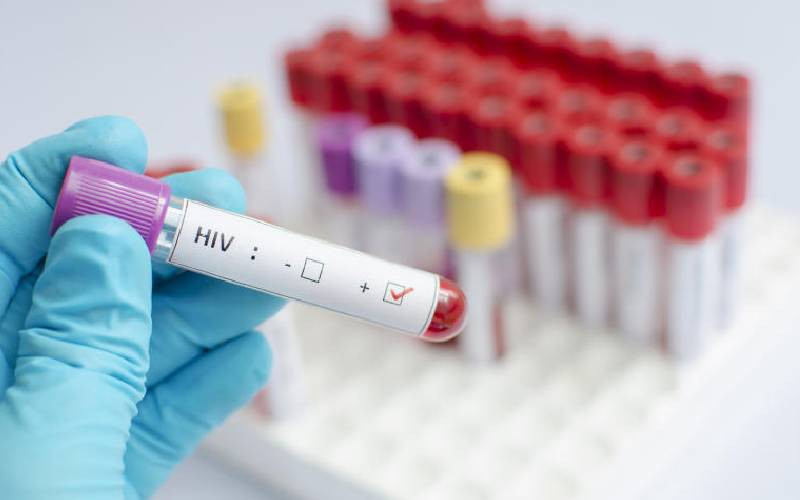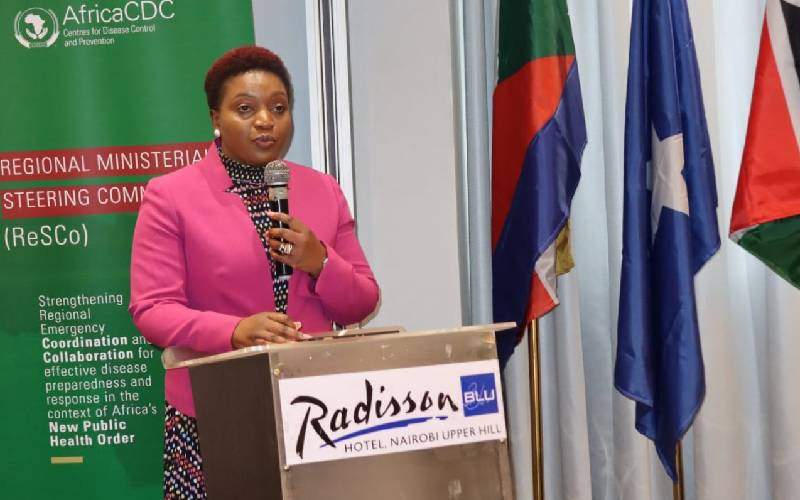First Lady Rachel Ruto’s MaMa Doing Good initiative has partnered with the University of Liverpool and Kenya Medical Research Institute (KEMRI).
The partnership aims at reducing the disease burden resulting from Household Air Pollution (HAP) through household clean energy.
The University of Liverpool delegation was led by Prof Richard Black, the Provost and Deputy Vice Chancellor of the university, and included key faculty members from the School of Environmental Sciences and the Institute of Infection, Veterinary and Ecological Sciences.
HAP is a major health and environmental problem in Africa, where millions of people rely on traditional biomass fuels such as wood, charcoal and dung for cooking and heating.
According to the World Health Organisation, HAP is responsible for almost 490, 000 premature deaths per year in Africa, mainly due to respiratory and cardiovascular diseases.
In Kenya alone, HAP causes 23,000 deaths annually, with women and children being the most affected.
“The partnership seeks to address this challenge by promoting the adoption of clean and efficient cooking technologies, such as improved cookstoves, biogas and solar systems, among rural and urban households in Kenya,” said Dr John Chumo, MaMa Doing Good Chief Executive Officer, when he hosted a delegation from the University of Liverpool recently in their office in Nairobi.
He added: “It also aims to raise awareness and educate communities about the benefits of clean energy, as well as to provide financial and technical support to facilitate the transition.”
- College dares to dream with ambitious clean energy plan
Keep Reading
The partnership is aligned with Kenya’s agenda on community health, which seeks to reduce non-communicable diseases, such as asthma, chronic obstructive pulmonary disease and lung cancer, which are linked to HAP.
It also supports Kenya’s vision of achieving universal access to clean cooking by 2028, as part of its commitment to the Sustainable Development Goals(SDGs) and the Paris Agreement on climate change.
During the visit, the delegation met with the staff and beneficiaries of MaMa Doing Good and discussed how they can amplify clean energy interventions on the ground.
Dr Chumo welcomed the partnership with the University of Liverpool and KEMRI and said he looks forward to working together to improve the lives and health of millions of people in Kenya and beyond, through the power of clean energy.
Kenya Medical Research Institute director general Prof. Elijah Songok said KEMRI will provide support and convene coordination mechanisms on air pollution, energy, and health by utilising the NIHR CLEAN-Air (Africa) - Global Health Research Unit.
“We will also engage in joint resource mobilisation to support air pollution, energy, and health activities in accordance with the CLEAN-Air (Africa) research and health systems strengthening programme,” said Prof Songok.
He added: “KEMRI will majorly contribute its research abilities towards the project, facilitating the recording of household air pollution data.”
On the other hand, the University of Liverpool, as an academic institution, will generally support the development of training materials to be used in the training of table banking groups.
“This material will greatly borrow from the Ministry of Health’s Module 14 on Household Air Pollution. The University will also support resource mobilisation in collaboration with MaMa Doing Good, and support the research initiatives of the program, to facilitate data-driven decisions making,” said Prof. Black.
 The Standard Group Plc is a multi-media organization with investments in media platforms spanning newspaper print
operations, television, radio broadcasting, digital and online services. The Standard Group is recognized as a
leading multi-media house in Kenya with a key influence in matters of national and international interest.
The Standard Group Plc is a multi-media organization with investments in media platforms spanning newspaper print
operations, television, radio broadcasting, digital and online services. The Standard Group is recognized as a
leading multi-media house in Kenya with a key influence in matters of national and international interest.











